Museveni Defends Decision to Ban Fuel Purchases From Kenya
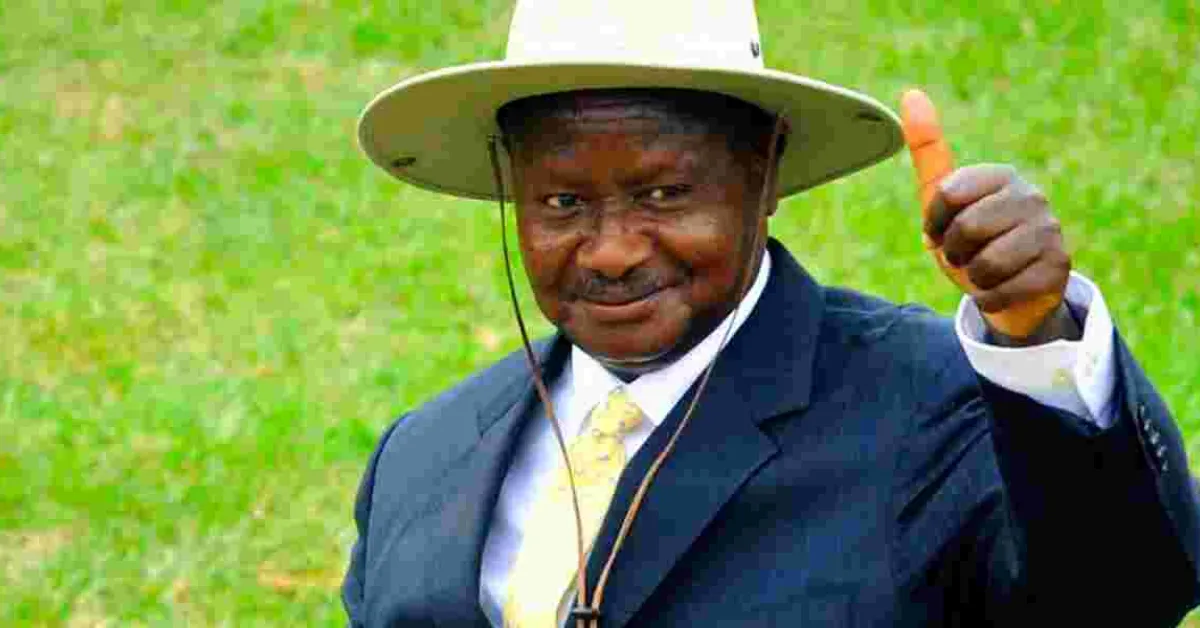
Uganda's President Yoweri Museveni has justified his decision to halt the purchase of petroleum products from Kenya, claiming that middlemen have excessively inflated prices causing unnecessary hardship for consumers.
President Museveni says that yearly petroleum imports into Uganda average 2.5 billion litres, costing $2 billion (Sh302.34 billion). It is further revealed that a considerable portion of this payout is due to inflated costs imposed by middlemen from Kenya. Raising concerns over this unexpected discovery on his social media account, Museveni emphasizes exploring alternative methods and directly purchasing from refineries worldwide while transporting products through Kenya and Tanzania to significantly eliminate middlemen-generated tariffs.
During his recent address, President Museveni referred to new findings regarding the purchasing of diesel and petrol products in Uganda. According to the Head of State, middlemen are charging significantly higher rates than the bulk suppliers and refineries, citing $118 per tonne for diesel, compared to the industry standard of $83 per tonne, a discrepancy of 42.1%. For petrol products, middlemen are charging a whopping $97.5 per tonne while refineries offer a far more reasonable price of $61.5 per tonne, leading to a cost increase of 58% within the country.
President Museveni has expressed concern over the inflated pricing of kerosene in Uganda. He highlights that the country has been buying kerosene from middlemen at a higher cost compared to bulk suppliers and refineries. The price difference amounts to a significant loss for Uganda. To rectify this, Uganda has now engaged with bulk suppliers and refineries, discussing the matter with Kenya and Tanzania as well. President Museveni also mentions his discussions with the President of Kenya and the President of Tanzania, emphasizing the potential benefits of a refinery being built in Uganda.
The people in inland East Africa have been offered reassurance that the construction of a refinery will end the problems with middlemen and bring competition to petroleum prices. Ultimately, this would benefit not only Uganda but also North-Western Tanzania, Rwanda, Burundi, Western Kenya, South Sudan, and Eastern DRC. Uganda has secured a five-year agreement with Vitol Bahrain E.C. to receive fuel supplies, which will then be distributed to oil marketing companies (OMCs) in the country. This partnership includes a working capital facility backed by Vitol Bahrain E.C's global balance sheet, ensuring competitive pricing of petroleum products.
After witnessing Kenya's direct procurement of fuel imports through government-to-government collaborations with Saudi Arabia and the United Arab Emirates (UAE) - thereby moving away from the Open Tender System (OTS) - Uganda has chosen to pursue a similar course of action. This decision marks Uganda's entry into a partnership agreement much like Kenya's aforementioned actions.

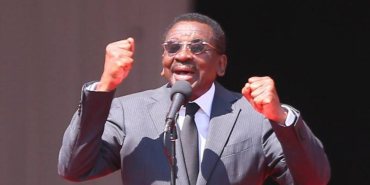
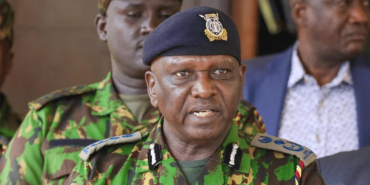
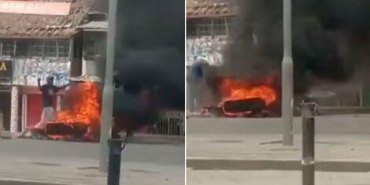

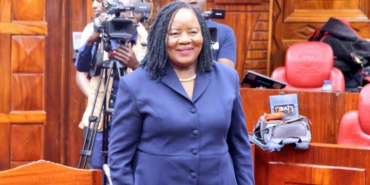



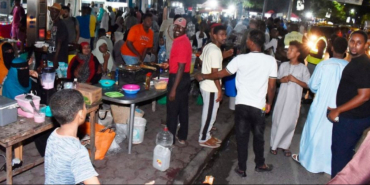




Comments
Ruto has created a toxic…
Permalink
Ruto has created a toxic business relationship with the neighboring countries and the international community. The fall out between Kenya and Uganda was eminent because Ruto tends to think he can micromanage every body around him, and those players in the distance. Ruto is also shrouded by many devious corrupt methods of conducting any sort of business to directly benefit himself and his colonies.
As we speak, major…
Permalink
As we speak, major international and local businesses in kenya are either closing or relocating to Uganda or Tanzania due to the impossible inflated costs of operation in kenya and corruption!
I don't blame him. Nyerere…
Permalink
I don't blame him. Nyerere called us a " man-eat-man" society, and if Museveni has finally woken up to that reality, who can fault him for taking the right steps?
Add new comment